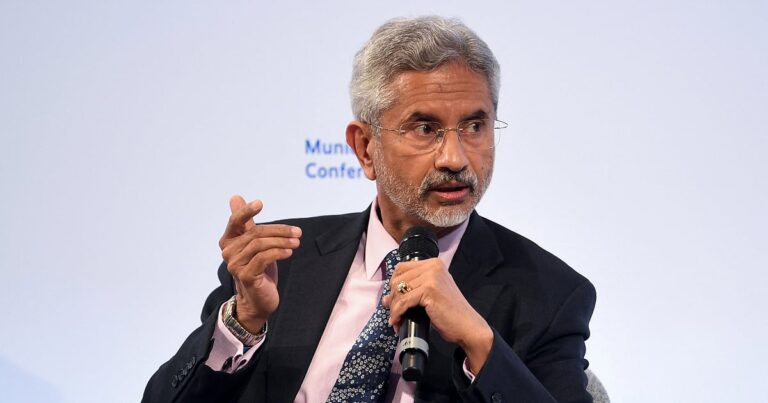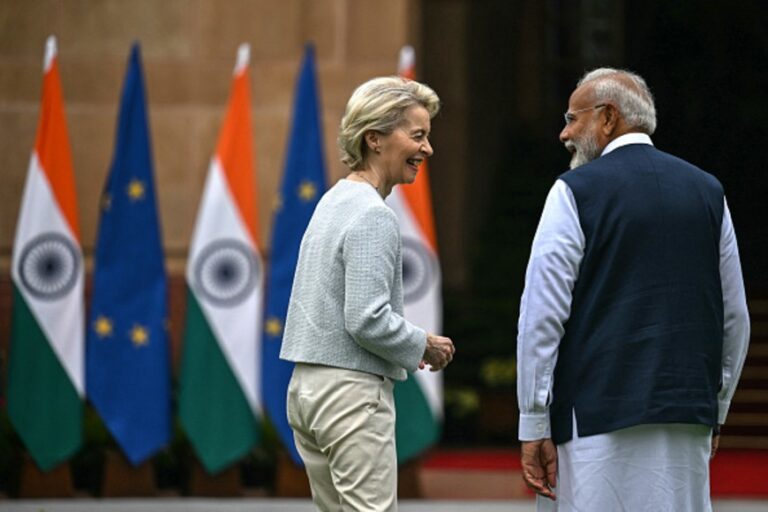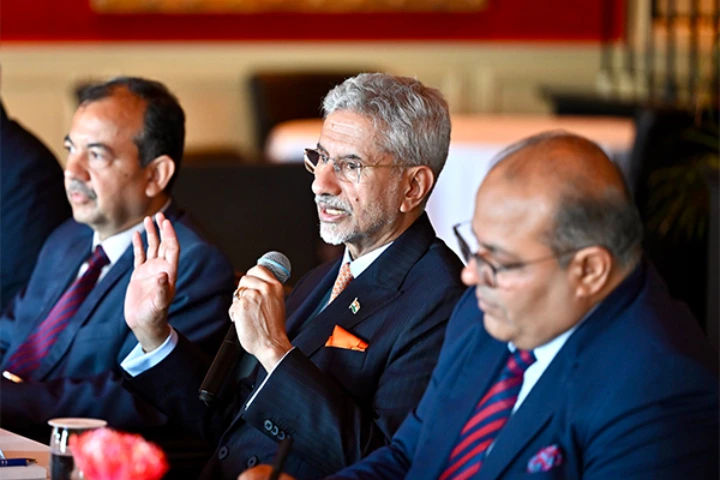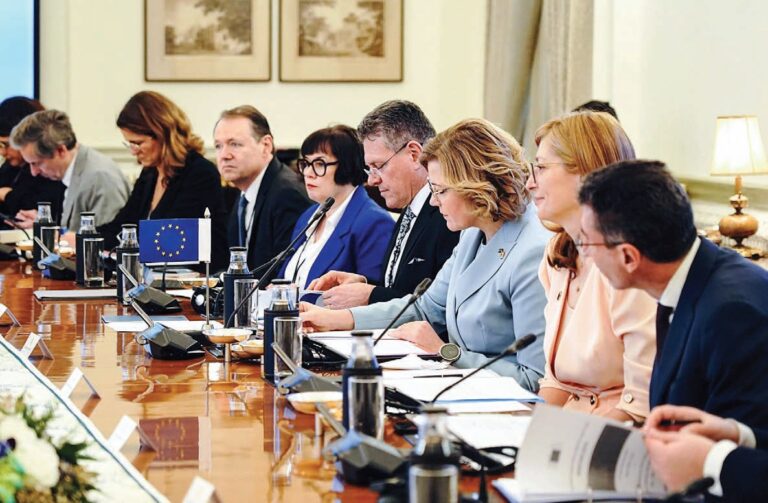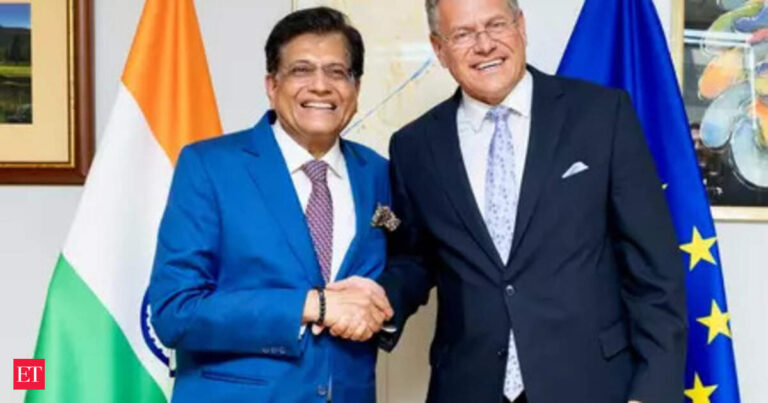
In constantly evolving currents of international geopolitics, which can predict the results of the trade agreement when the Trump Card is a Joker? Or perhaps there is a method in madness which sculpts a new geoeconomic order by calculated unpredictability. Will the key question: will the new order promote India? We can either wait for the response while suspending precarious geopolitical precipice, or being positively proactive by strengthening links with the Nordics and the wider European Union (EU).
In the end, India’s international economic commitments should provide four fundamental results to its citizens: improving the quality of life through social protection and equity; generate a significant job; promote ideas and innovation; And strengthen national security by contravening the hegemonic ambitions of China. Of the four fronts, the EU is aligned not only with the strategic objectives of India, but, in many cases, surpasses the United States. Within the EU, the Nordic countries are more distinguished – establishing a global conscience and offering convincing models in each of these areas.
The EU’s awakening: during his first mandate, US President Trump suggested that he had seen the EU treat the United States as an autumn guy and a man on Friday. Most EU leaders then rejected him as a petulant child throwing anger attacks. This disdaining has been strengthened because almost no one in the EU thought that Trump could go back to power.
First, Trump’s victory rocked the EU. Second, when a annoyed president Trump in his second term translated his “anger crises” in politics, the EU and Populus politicians have suddenly woken up. The fact that the United States was no longer a philanthropic security supplier shaken the EU in a way that they had neither thought nor planned. The EU reflex response was that the United States was no longer a reliable and reliable partner. The EU then tried to calm Trump. Finally, now, when the EU grabs the exchange order, it begins to introspect – its attitude and its ability.
UE & his introspections: President Trump left the EU unstable and destined. The EU faces many challenges inside and outside its borders. There are domestic problems such as the increase in the right, poorly planned policies on immigration and integration, increased crime, aging demography, increased costs, high exposure to China in terms of trade and manufacturing. On the international front, the crisis in Russia-Ukraine is transformed into a quagmire, security problems concerning China, trying to find its position in the new world order.
The EU is ready to redefine relations: with the Maga approach in the United States, the EU, like the rest of the world, seeks to diversify its economic partnerships while being aware of its choices. With commonly shared values, interest and an economy up from India-EU make perfect long-term partners.
The bite of the EU-India: one of the thorny questions that subtly eclipse EU’s bonds in India is the didactic position of the EU towards India and others-an attitude in particular in UE-US relations, such as dependence dictates a docile deference.
Over time, this EU behavior has calculated in regulatory policies and sometimes in laws. Add to these tendency periodic sermonizations through EU thinks leading to a partisan story towards India. It is not that the Indians do not appreciate the minds of such altruism. But what Peeves India is the EU that uses its criterion to measure another social fabric, often ignoring local realities and domestic challenges. This is why many countries may have felt a pleasure if the American vice-president JD Vance urged the EU at the Munich conference this year. Democratic dilemmas are inevitable, including for India, but India-EU relations would benefit from a more perceptual and less dogmatic EU.
While the India-EU FTA speaks in advance, the CDMM guarantees a stronger concentration and a wider adoption in the EU. It will promote safe, legal and mutually beneficial mobility of Indian talents.
MPME: often neglected, microphone, small and medium -sized enterprises (MPME), the backbone of most economies, stimulates employment and economy. Collaboration between Indian and European MPMEs – in particular innovation -oriented Nordic like Sweden – should be prioritized.
Together, advanced innovations and solutions can be developed for global markets in sectors such as Cleantech, defense and digital security, etc.
China + 1: India offers unexploited manufacturing potential but should not be considered simply as an alternative in China. India does not concern cheap labor ready to replace China as a “global factory”.
India boasts of the largest, very educated and easily integrated talent pool in the world, obvious in the worldwide success of its diaspora.
India Industrial Partnership is aligned with the EU’s de-Irisking / China + 1 strategy and the ambitions of India, forming a win-win industrial and strategic bridge.
It is time to remove the anvil to forge new existing connections.
Rajesh Mehta is a leading international business expert and Manu Uniyal, is a media consultant and a Sweden -based columnist.
